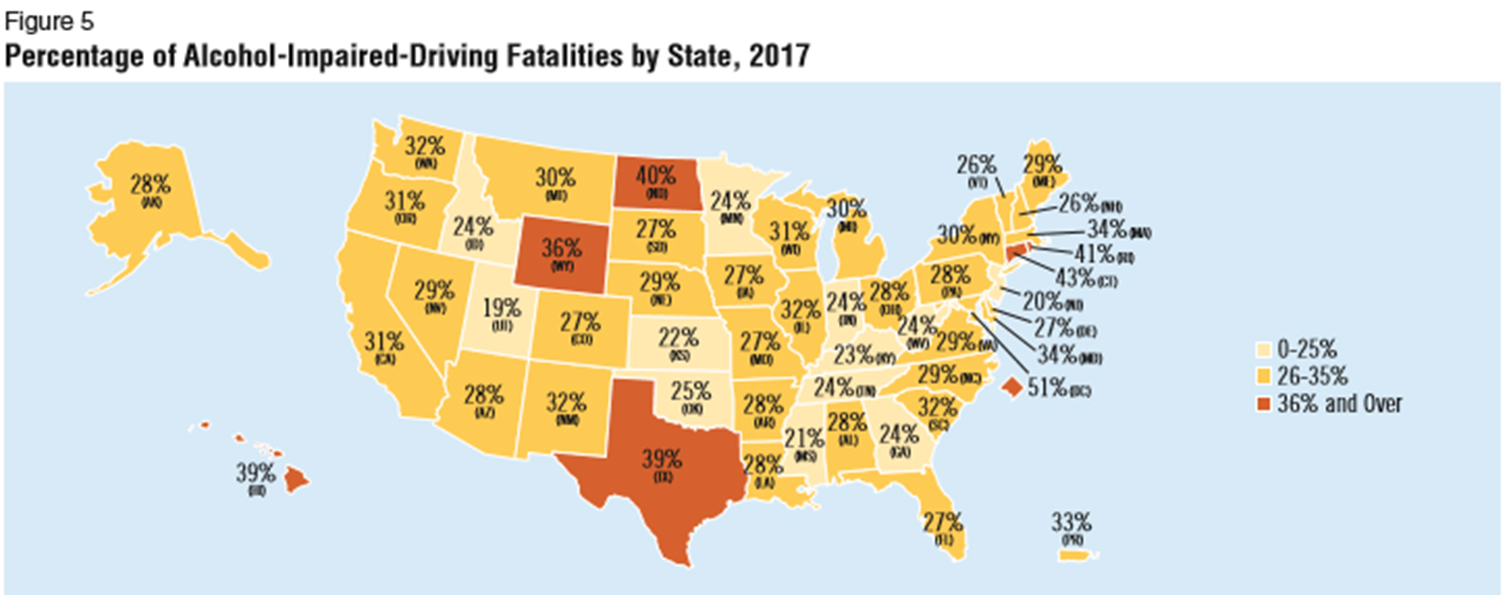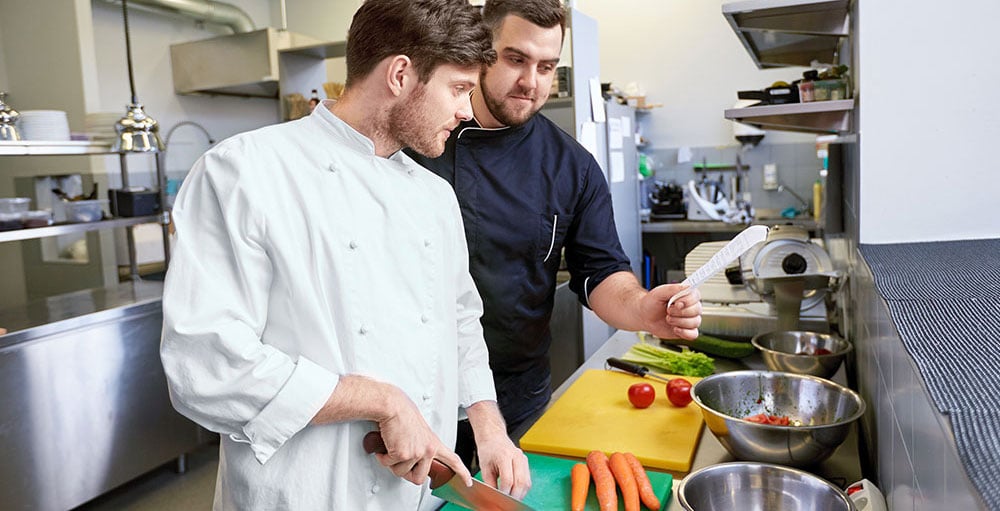Boost Your Job Opportunities: Why a Food Trainer Certification Is a Must-Have in the Culinary Market
In today's competitive cooking landscape, the value of a food handler certificate can not be overemphasized. As restaurants and food service facilities progressively prioritize certified staff, specialists furnished with this accreditation stand to obtain a substantial advantage.
Relevance of Food Security
In the culinary market, the importance of food security can not be overstated. Ensuring the safety and security of food is extremely important for protecting public health and wellness and keeping consumer trust. Infected food can bring about significant wellness issues, including foodborne health problems, which can affect people and result in substantial liability for food facilities. Implementing extensive food security methods is crucial for any kind of culinary operation.
Food security encompasses a variety of treatments, consisting of proper food handling, storage, cooking, and offering strategies. Abiding by these practices not only reduces the risk of contamination but likewise aids in complying with local wellness regulations. Appropriate training in food security enables culinary specialists to acknowledge potential dangers and execute preventive procedures successfully.
Moreover, a solid commitment to food safety and security can improve the credibility of a cooking establishment, cultivating client commitment and service development. Consumers are increasingly knowledgeable about food safety issues, making it essential for food trainers to demonstrate their adherence to finest practices. Inevitably, focusing on food security is not just a governing demand; it is a fundamental facet of providing high quality food service and securing the well-being of consumers.

Accreditation Demands
Food security techniques are only as effective as the people executing them, making accreditation a vital action for food trainers in the culinary sector. To obtain a Food Handler Certification, candidates have to commonly complete a training program that covers crucial topics such as foodborne health problems, sanitation, personal health, and safe food managing strategies.
Many qualification programs are designed to fit numerous learning styles, using options for online, in-person, or hybrid styles. Individuals have to pass an evaluation to show their understanding of the product, with a minimum passing score often set at 70%.
The duration of training can vary, with some programs needing just a couple of hours, while others may cross a number of days. After efficiently finishing the training course and test, candidates receive their qualification, which is generally legitimate for three to five years, relying on local guidelines.
Renewal commonly involves retaking the program or finishing a refresher course program to make certain that food trainers remain upgraded on the most recent practices and requirements. Compliance with these certification requirements not just boosts specific expertise yet also contributes to the overall safety and security and top quality of food service procedures.
Work Market Demand
How has the work market for food handlers developed in recent times? The need for food handlers has actually dramatically boosted, mostly driven by the growing recognition of food security and health among consumers and governing bodies. With the increase of foodborne health problems, restaurants, catering services, and food manufacturing business are prioritizing the hiring of licensed food trainers to make sure conformity with wellness guidelines. This shift has led to an enhanced focus on food security training and accreditation as requirements for work in the cooking sector.
Moreover, the broadening dining establishment industry, especially with the emergence of food delivery services and food vehicles, has produced a wealth of job chances for food trainers. The demand for knowledgeable personnel who resource can securely prepare and take care of food has ended up being vital. servsafe food handler certificate. Furthermore, as culinary companies embrace a lot more rigorous safety protocols, the value of a food trainer certification has actually climbed, making it a vital asset for task applicants
Because of this, people entering the culinary labor force are finding that obtaining a food handler certificate not just enhances their employability however likewise places them favorably in an affordable work market that increasingly prioritizes food security and health requirements.
Advantages of Accreditation
Acquiring a food handler certificate provides numerous advantages that significantly improve a specialist's standing in the culinary industry. Primarily, it demonstrates a dedication to food security and health, which is vital in stopping foodborne illnesses. This certification furnishes individuals with necessary knowledge pertaining to safe food taking care of methods, consisting of proper storage space, cooking temperatures, and cleanliness treatments
Additionally, possessing a food trainer certificate can improve an individual's employability. Numerous companies prioritize prospects with this certification, watching it as an indicator of expertise and competency. This can bring about better task possibilities and potentially greater earnings, as certified people are typically delegated with higher responsibilities.
In addition, the certification cultivates a society of security and liability within the workplace. It not only improves an employee's confidence in their abilities but also advertises a more secure environment for consumers and coworkers alike. Finally, maintaining a my sources food handler certification can open up doors to additional instructional and career improvement possibilities within the cooking field. Overall, this certification is a calculated financial investment that benefits both experts and the facilities they offer, ultimately contributing to a flourishing culinary market.
Steps to Get Qualified
Getting a food handler certification entails an uncomplicated procedure that can establish people on a path to enhanced career prospects in the cooking sector. The very first step is to locate a recognized program or training service provider that offers food safety training courses. Lots of companies offer both in-person and online choices, permitting versatility in learning.

After successfully passing the exam, people will certainly get their food trainer certification, which is frequently valid for a particular period, usually 3 to 5 years. To keep certification, it might be necessary to finish correspondence course or retake the exam before the expiration day.
Last but not least, it is very important to verify any type of neighborhood or state-specific regulations regarding food trainer qualification, as needs can differ. By following these steps, people can acquire their certification and considerably boost their employability in the affordable culinary landscape.

Verdict
To conclude, getting a food trainer certification is crucial in the culinary industry, as it guarantees adherence to food security criteria and improves employability. With the growing need for qualified employees, this credential not only opens doors to task possibilities however likewise adds to career development and enhanced earning possibility. Inevitably, a food handler certificate signifies a commitment to safety and expertise, cultivating a society of accountability that profits both employees and companies in the food solution field.
Comments on “Why You Should Have the florida food handlers card Before You Begin Your Job”